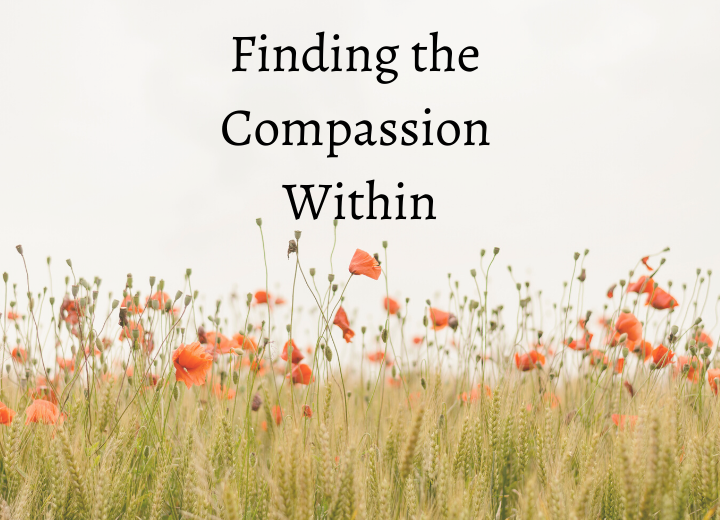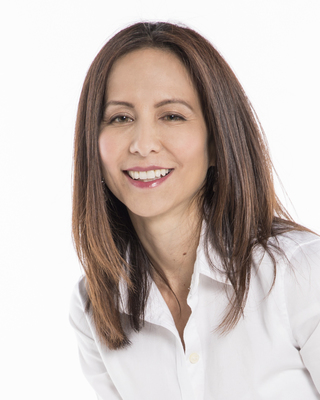
Welcome back to another episode of Your Anxiety Toolkit. Today on the podcast we are talking about facing your fears with Dr. Patricia Zurita Ona, or Dr. Z for short. Dr. Z is a licensed clinical psychologist in California treating clients with OCD, anxiety and trauma. She has written several amazing books including Living Beyond OCD Using Acceptance and Commitment Therapy and The ACT Workbook for Teens with OCD. In our interview, Dr. Z discusses how to use Acceptance and Commitment Therapy to augment treatment of OCD, social anxiety, panic disorder, and phobias. Dr. Z shares with us WHY facing your fears is so important and something you should want to do!
In this episode, Dr. Z talks about,
1. Ruling your thoughts and how to unpack them.
2. How to date your mind.
3. How to know which behaviors are working and which are not.
4. How to find values that energize you.
5. Create your own ERP menu that includes your own triggers and avoidant behaviors.
6. Learn how to react using wisdom.
7. Learn how to identify the ways your brain creates patterns.
Dr. Z's websites www.actbeyondocd.com and www.thisisdoctorz.com
Dr. Z's Instagram @dr.z.passionatebehaviorist
Link to Dr. Z's books https://www.thisisdoctorz.com/books/
ERP School, BFRB School, and Mindfulness School for OCD are all now open for purchase. If you feel you would benefit, please go to cbtschool.com
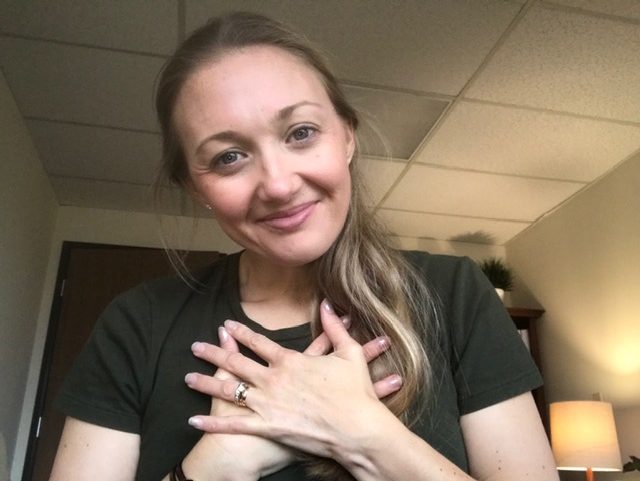
Welcome back to another episode of Your Anxiety Toolkit. Recently we have talked a lot about self-compassion. If you go back to episodes 134, 146, and 147, you will see self-compassion mentioned a lot. Today we are going to expand on that discussion by learning how to write ourselves a self-compassion letter.
I have actually been doing this with my clients for years and it really just involves putting your self-compassion into words which can actually be so helpful.
There are several steps in writing your self-compassion letter. The first step is to show awareness of your struggle. You might say “I see that you are having a hard time.” Whatever it is, just bring it to your awareness and write it down.
The second step is bringing in some words of unconditional love. No matter how much you are suffering, you still get to be loved and cared for.
The third step is to show yourself some empathy for the distress you are in. You might say “I see you. I see the pain you are going through. I can relate to that.”
The fourth step is recognizing your common humanity. In your letter, you want to bring in the common humanity of your struggle. You could say “Everybody knows what it is like to have anxiety. I am definitely not alone.”
Next you want to normalize the fact that when we suffer we all want to engage in safety behaviors. A safety behavior is anything you may do to try and take away your fear, or shame, or sadness. Safety behaviors usually have unintended consequences and they usually end up causing more problems. Instead you would want to explore some more helpful solutions. You are going to look at the situation and say “How might I help myself?”
The last step is to say something really, really kind to yourself and finally you are going to read your self-compassion letter aloud.
Below is an example of my own self-compassion letter.
Kimberley, my dear one. It’s okay that I’m having a hard time right now. I feel afraid and I really just want to jump out of my skin. This is really a difficult time for me. Now, what I am feeling is not wrong. I’m doing the best I can with what I have at this moment. My suffering, this discomfort I feel, it deserves to be met with kindness and tenderness. I deserve that. I am worthy of this kindness and tenderness I’m giving myself. And I wish for myself to have some peace of mind. I know it’s a hard time, but I know I will find peace.
Now I’m going to find this peace mostly by doing what I’m doing right now, which is changing the way I respond to my suffering. Every single pain that shows up inside me, I’m going to meet with kindness and I’m going to recognize that each moment of suffering is worthy of self-compassion.
I’m strong and I can face fear and I can hold space for my emotions, no matter how hard it is. I deserve to be a safe place for fear, as it rises and falls in my body. I am my best ally and I have everything I need right here inside me to get through these hard times.
Now I promise to be there for myself when things get hard. I’m sending you my love.
Now Kimberley, go gently into this moment, my darling.
ERP School, BFRB School, and Mindfulness School for OCD are all now open for purchase. If you feel you would benefit, please go to cbtschool.com
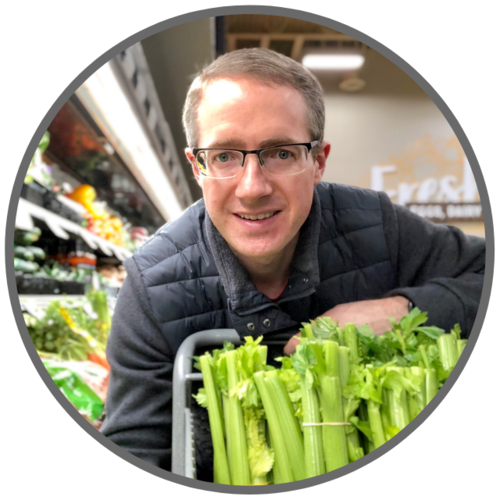
Welcome back to another episode of Your Anxiety Toolkit. Today on the podcast we are talking with Christian Newman about managing health anxiety.
Christian is an anxiety coach who has done a lot of work learning to manage his own health anxiety and today he is sharing with us the tools that he has used to help regain his life from health anxiety.
In this interview, Christian shares his own struggle with health anxiety and how it impacted his daily life. He shares how a terrifying panic attack led him on a journey to discover how to deal with his health anxiety. He shares with us several important tools that he has used to help him effectively manage his health anxiety. The first tool is the contract that he made with himself. In this contract, Christian wrote down everything that he was going to do to overcome his anxiety. This included stress management, diet, exercise routine, and sleep habits. Once he made this contract, he committed to taking action in his own life. One of the first actions that he took involved addressing the compulsions that fueled his health anxiety. He asked himself what positive actions he could take instead of engaging in the compulsive behavior. This allowed him to teach his brain to engage in something more positive which would then allow him to move forward.
He also discusses how mindfulness including journaling, setting intentions, and meditation have helped along with Acceptance and Commitment Therapy. He explains that at times he still has moments of uncomfortable symptoms or sensations, but he has learned how to recognize what is happening and not allow those feelings to derail his life.
Christian’s Instagram @healthanxiety.coach
Christian’s website www.healthanxiety.coach
ERP School, BFRB School, and Mindfulness School for OCD are all now open for purchase. If you feel you would benefit, please go to cbtschool.com
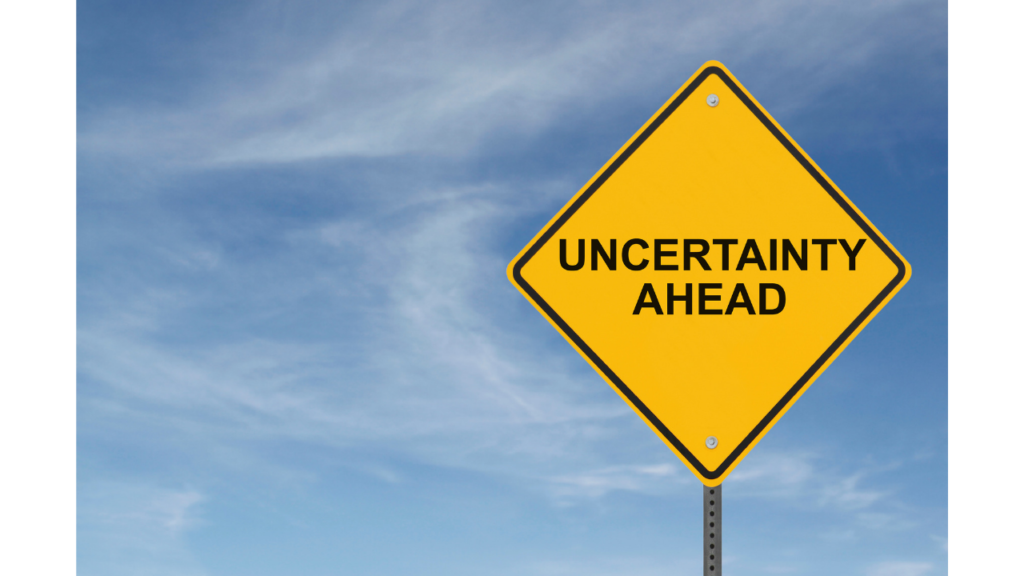
Welcome back to another episode of Your Anxiety Toolkit. Today I want to talk with you all about the feelings of uncertainty you may have coming out of COVID-19.
As we slowly begin to move out of quarantine, a lot of my patients and clients have started to talk about how scary it is to go back into life because there are so many uncertainties.
Coming out of a difficult time requires us to accept change while staying in the uncertainty. When we begin coming out of COVID-19, we must face this sort of uncertainty, not knowing whether it will stay or whether it will get better or if it will come back. What is it going to look like in six months? What is it going to look like in a year? These are the questions we are all asking and because we are asking those big, big questions, we are going to have big, big emotions about them. Having these big emotions does not mean that you are not handling this well. It doesn't mean that there is something wrong with you. My hope is to give you permission to have them. My second wish is to ask you to please not judge yourself for what you experience as you begin coming out of COVID-19. If those big emotions show up, before you judge yourself gently say, "It's okay. It's okay that I feel this. I'm allowed to feel these emotions."
Remember, it is normal to feel anxiety. You might have anxiety about having to go back to seeing people in person. You might have anxiety about having to find a new rhythm to life. You may have been secretly benefiting from quarantine because it meant that you didn't have to be around the thing that scared you before COVID-19. If you have been lucky enough to not see the thing that frightens you, I really urge you to go right back into staring that fear in the face as soon as possible, because the longer you delay it, the harder it's going to get.
The thing to remember about anticipation is that is ultimately just about the uncertainty. It's about leaning in and saying, "Okay, I radically accept that I don't know. I'm going to take one step at a time. I am not going to beat myself up. I'm going to do my best to be non-judgmental. And I'm going to try and find a glimpse of joy along the way." I'm going to look for those teeny tiny shimmers of joy that may be along the way. I still believe that when we open our eyes to joy, we can find it, even if it's once a day.
So, I hope you go with intention and give yourself permission to have all the feels.
ERP School, BFRB School, and Mindfulness School for OCD are all now open for purchase. If you feel you would benefit, please go to cbtschool.com
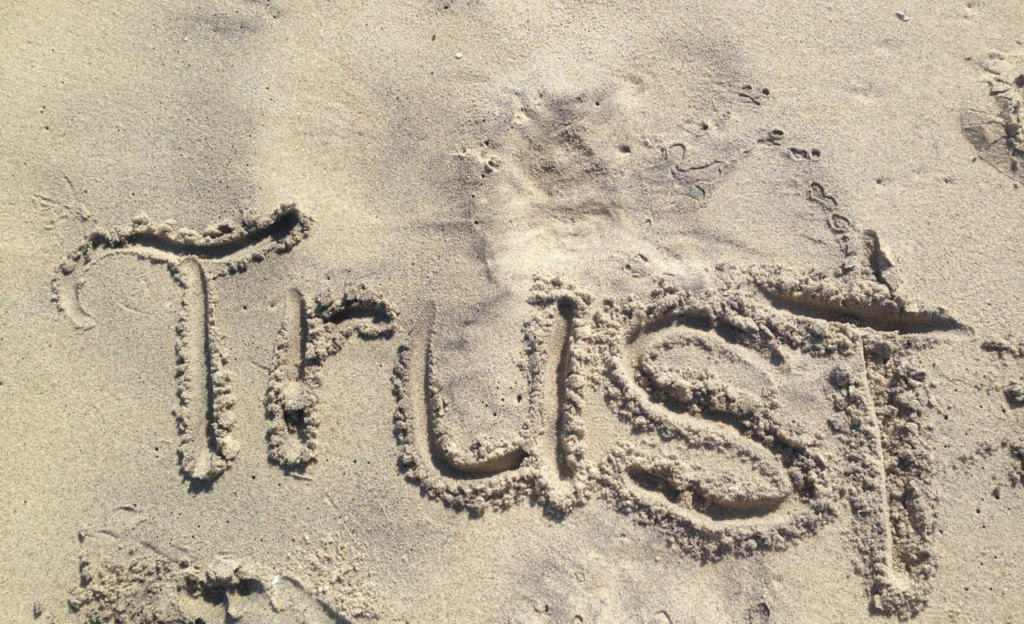
Welcome back to another episode of Your Anxiety Toolkit. Today we are going to talk about a really important topic: learning to trust yourself.
Trust is so important for our feelings of safety and security. So often I hear from people who are experiencing anxiety and depression that they do not trust themselves. Today I want to share with you all a metaphor about trust, that I love, and I think it will help you conceptualize how to look at trust.
This is a metaphor that Brene Brown has talked about a lot. She said that when you meet somebody they have an empty jar (metaphorically) and overtime as they show you in little ways, it might be their consideration, their respect for you, maybe they remembered your birthday, perhaps they sent you a little care package, every time they do something nice for you one marble is placed in the jar. If they do another small thing, you put another marble in the jar and overtime that jar fills up. This is how we experience a sense of trust for that person. Trust is something that grows and it often doesn’t come from the big things. It comes from the teeny tiny things. Maybe a little smile when you are having a hard time, or checking in with you, or holding a safe place for you when you are struggling. So, now that we have that conceptualization that trust is something we build over time, we also need to recognize that when somebody has let us down the marbles may come out. Maybe half the marbles. Maybe all the marbles. Perhaps just one. We can always grow trust back even if someone has betrayed us. If we want to build that trust back up, this involves giving the person a second chance. Often when someone has been very seriously betrayed, they make the choice, "I don't want to trust that person. I don't want to ever put myself in that position again.” Whereas other people might say, “well I love this person. I'm willing to take the risk.”
Now, this applies to ourselves too. You begin learning to trust yourself based on the small acts that you do for yourself. It's about taking care of yourself, making sure you're well-fed, making sure you're listening to your body. When you're frightened, it's about doing the hard thing instead of the easy thing. Every time we do that we are saying, “I've got your back unconditionally even during the difficult times.” Now, just like I said before if you betray yourself, you ignore your needs, and put yourself down, you take out some of those marbles. If I've let a friend down or my partner down or my child down, I will intentionally try to regain their trust, and I'll do it in very small ways. I will be there for them, be kind to them, show up for them. This is the case for myself as well. If I have let myself down, I will need to show up in small ways with the intention that I want to trust myself.
A lot of the time, when I'm doing hard work in therapy with clients, they back down because they tell themselves, “I can't do this. I can't.” I tell them this is a matter of trust. You think you can't because you haven't in the past. This is a part of the process of learning to trust yourself, and it's an intention that you need to work on every day. Through those small acts, you'll get there. There will be days when you lose marbles. We all make mistakes, but we can all stand up and make the intention to build trust again for ourselves. It has to be unconditional. That is where our long-term wellness can benefit. So, I'm going to challenge you to think about how full your jar is for the people around you and the one for yourself and then ask yourself how intentional you are about building up that jar of trust.
ERP School, BFRB School, and Mindfulness School for OCD are all now open for purchase. If you feel you would benefit, please go to cbtschool.com

Welcome back to another episode of Your Anxiety Toolkit. Today we have on the podcast an amazing guest, Heather Hansen. Heather is a trial attorney, television legal analyst, and author of The Elegant Warrior: How to Win Life’s Trials Without Losing Yourself. Heather shares how we can learn to become a better advocate for ourselves using many of the same tools that she has used in the courtroom.
In this episode, Heather details the “tools of an advocate” that you can use to help win over your own self jury, that critical voice in your head that may say “You’re not good enough. Things aren’t going to work out. It’s time to be anxious.”
One of the tools Heather discusses involves collecting evidence when faced with self-doubt or worry. She suggests writing down, at the end of the day, what has made you proud. By collecting evidence, you start to build credibility with yourself. You can’t advocate for yourself unless you believe in yourself. Collecting evidence, building credibility and believing in yourself are the first steps in learning to become a better advocate.
Another tool of the advocate involves the words that you use and particularly the words you say to yourself. Words can create your reality. If you are anxious and use the term ‘I am freaking out’ you likely will freak out. However, changing your words to ‘I am concerned’ can actually change how you view a situation. The next tool is perspective. If you view the world as dangerous and scary then the world is going to feel dangerous and scary. There are always many ways to view a situation, Heather challenges us to look at all of those different views and then choose the perspective that best serves you. Finally Heather spends some time discussing how presentation, body language, and tone are also important tools of an advocate.
Heather provides such fascinating information and amazing insight. I was taking notes during the entire interview! I hope you find it as helpful.
You can find more information on Heather Hansen's blog, podcast, books, and coaching services at heatherhansenpresents.com
The Elegant Warrior: How to Win Life's Trials Without Losing Yourself
Find Heather on Instagram @imheatherhansen
ERP School, BFRB School, and Mindfulness School for OCD are all now open for purchase. If you feel you would benefit, please go to cbtschool.com
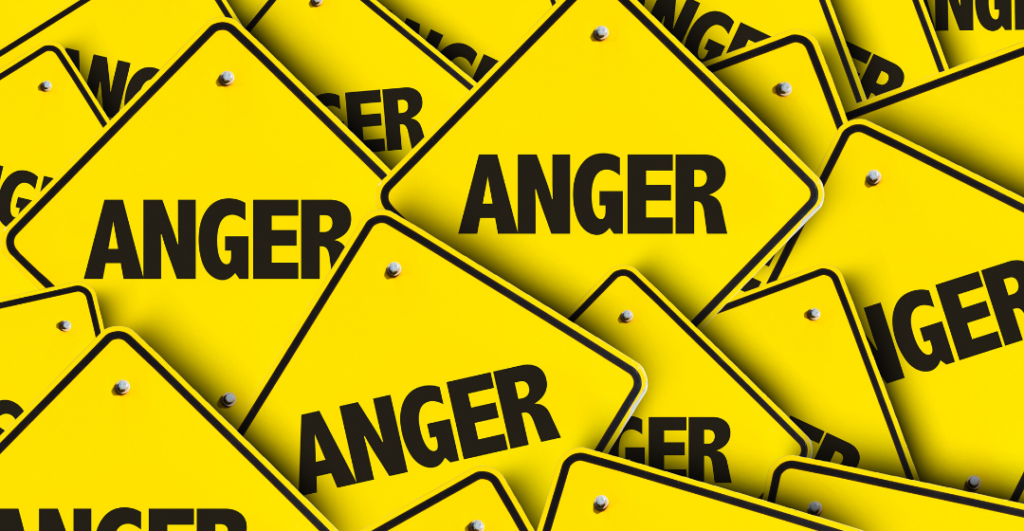
Welcome back to another episode of Your Anxiety Toolkit podcast. Today I want to talk to you about anger. I have talked about anger before, but this time is a little bit different. I want to tell you why anger is your friend.
When I say that to people, they usually have a reaction and they say “No, it’s not. Anger is horrible. Anger makes me uncomfortable.” I think we have anger all wrong because society tells us it’s wrong. We are told “You are not allowed to be angry. It is disrespectful to be angry. You’re overreacting. You are so insecure.” Those are the messages we so often receive about anger and they only direct us away from listening to our anger.
Let’s first discuss, what is anger? Anger is an emotion that you feel and it is usually a reaction to some kind of injustice or some kind of threat. If you have been wronged, you feel angry about it. If you feel like you are physically or emotionally in danger, anger is usually the emotion that arises. Anger is just one emotion in our toolkit and it is so important.
The cool thing about anger is that anger propels us forward. While anxiety pulls us backward, anger pushes us forward into either protection or problem solving mode. Anger is your friend because it shows up with a message that we should listen to. If you feel anger, the trick is to see that underneath the anger is an emotion that has a lot of knowledge and something to tell you. Anger is your friend because it will help lead you to where you work is, whether that is fear, shame, guilt or any other underlying emotion.
When you feel anger arise, the first thing I am going to encourage you to do is to just validate the feeling. You can say “I feel angry and that is OK or I am noticing anger in my body right now.” Next I want you to meet yourself with compassion. Something has been activated, some kind of pain and all pain, no matter the source, deserves and requires compassion. Finally, once you’ve validated and practiced self-compassion, the next step is to ask yourself what is underneath this anger? What is it trying to tell me? So in this moment just get really quiet and listen. Are you angry because you are afraid? Are you angry because you feel shame? Are you angry because someone brought up a fault that you didn’t really want to address? These are some reasons we all feel anger so remember you are not alone.
Since anger is your friend you can use it to propel you forward into solutions. If you listen to the anger, validate it and ask it what it needs, it will usually led you to your suffering so that you can either tend to it or solve it. It is really THAT powerful!
ERP School, BFRB School, and Mindfulness School for OCD are all now open for purchase. If you feel you would benefit, please go to cbtschool.com
Welcome back to another episode of Your Anxiety Toolkit Podcast. Today I want to share with you one of my favorite topics of all time: how to access your compassionate voice.
You may be thinking what exactly does that mean? Well it means helping you to get in touch with the compassion that lives inside each of you. So often my clients and patients say to me “I don’t know how to access compassion” or “I don’t know what that even feels like.” Here is the thing. Your compassionate voice has always been inside of you, but sometimes other messages are simply louder. If you learn to listen deeply for it than it becomes so much easier to pick up. That little voice inside of you is ready to speak up and it is ready to fill you with a loving sense of self-compassion.
During this episode, I walk you through how to begin to access your compassionate voice. You start by closing your eyes, following your breath and asking yourself some questions. These questions help you to tap into your compassionate voice and to start to become familiar with it. First, what does your compassionate voice sound like? What tone does your compassionate voice speak in? How would you like your compassionate voice to show up for you? How do you relate to your compassionate voice? Finally, what do you need from your compassionate voice?
I really hope you will be open and experiment with this practice. It is such a beautiful exercise and the more you do it, the more you will hear and feel your compassionate voice. Even if it seems unnatural at first, I hope you will still give it a try because it can be really helpful for your mental health. Try viewing it as a type of emotional training. You are giving yourself a tool that one day you may need and then you will have it with you and know how to use it. Remember compassion is not about making the pain go away; rather, it is about meeting your suffering with safety. It is about showing up for yourself during the hard times.
ERP School, BFRB School, and Mindfulness School for OCD are all now open for purchase. If you feel you would benefit, please go to cbtschool.com
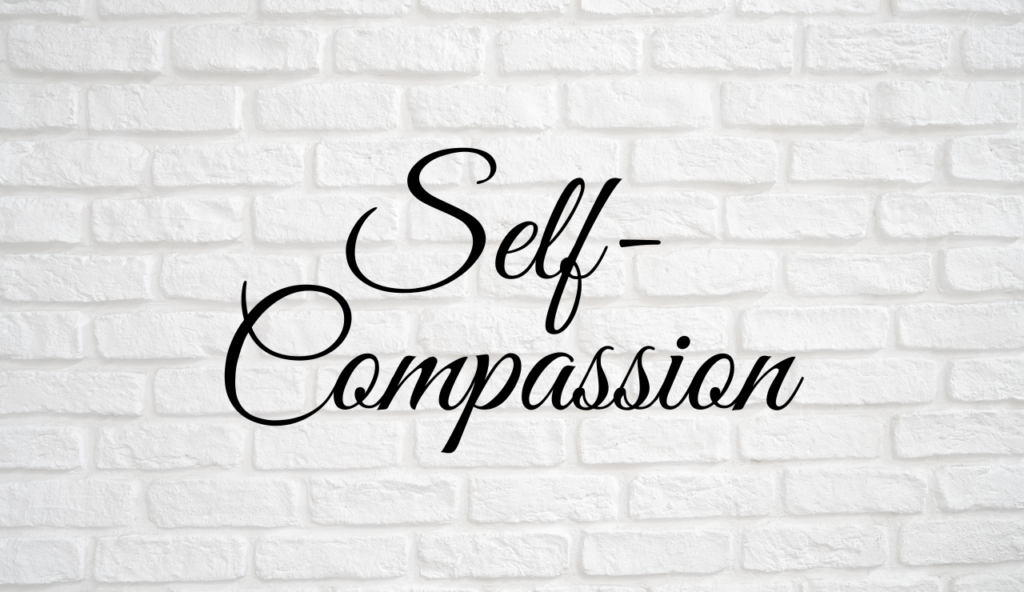
Welcome back to another episode of Your Anxiety Toolkit Podcast. Today I want to talk with you about self-compassion and to give you a compassion tool to try if you are struggling with feeling worthy, deserving, or comfortable with self-compassion.
In order to understand this tool, I want you to imagine a scenario. Let’s imagine you are having a moment of fear. In that moment, you may naturally engage in a safety behavior, something that protects you from the fear. Safety behaviors are natural. We as humans have learned to protect ourselves by getting away from danger.
However, a problem that often comes with safety behaviors is the unintended consequence. If you have social anxiety and your safety behavior is to avoid social interactions then the unintended consequence may be that you feel lonely. So if you have a fear and you engage in a safety behavior that leads to unintended consequences, you may then judge yourself for how poorly you handled a situation. Here is where the compassion tool comes in. Before you start judging, I want you to try and catch yourself. This takes a lot of mindfulness. Try and recognize that these safety behaviors are part of the human experience. Try telling yourself “all humans engage in safety behaviors because all humans have felt fear, sadness, guilt or shame. I am going to show myself some compassion.”
Another point to remember is that when we have an emotion whether it is fear or sadness or shame and we engage in a safety behavior another unintended consequence is that we are actually making that emotion feel much bigger. The more you don’t want to feel fear, the stronger and scarier it actually feels. Again, I want you try meeting those emotions with compassion. When you notice fear you may try saying “OK I am having feelings of fear. All humans feel fear. This is a normal experience.” Instead of engaging in a safety behavior you might say “Wow fear, thank you for showing up. Thank you for trying to protect me. I am going to send you well wishes because I want to create a relationship with fear that is positive instead of negative."
I truly hope this compassion tool will be of help to you in those moments of struggle. I hope you will show yourself compassion for all of those emotions and feelings that are part of the human experience.
ERP School, BFRB School, and Mindfulness School for OCD are all now open for purchase. If you feel you would benefit, please go to cbtschool.com
Did you know that we were listed in the top 10 OCD podcasts to follow in 2020? https://blog.feedspot.com/ocd_podcasts/

Welcome back to another episode of Your Anxiety Toolkit. Today I want to share with you the five thoughts you need to watch out for during COVID-19. I know we are in a stage right now where we are all trying to adapt to our new normal. Over the past week, I have noticed a few thoughts that have come up with clients about our current situation that I want to share with you.
Here we go. These are the 5 thoughts you need to watch out for during COVID-19.
1. “I cannot handle this.” This is really important because if you are telling yourself that you cannot handle it then chances are you probably won’t. What I would love for you to say instead is, "I can do hard things.” You don't have to do it perfectly, but you absolutely can handle it.
2. “I am going crazy indoors." It is easy to start feeling claustrophobic if you are constantly reminding yourself that you are indoors or cooped up. Instead try switching this statement to “It’s hard for me to be indoors.” I also think it is really important if you are in a place where it is safe and you are able to try and get outdoors every day. Even if it means just standing outside your front door. Getting outdoors at least once a day is so important for our mental health.
3. “When will it end?” This one is really, really hard. If you are spending a lot of time trying to answer this question then you are probably going to end up frustrated, disappointed and more anxious because nobody has the answer. Instead, I would encourage you to try and stay in the present moment. Try focusing on the present day only, not what might happen next week or next month.
4. “Life will never be the same.” Another one that is really hard because there is a lot of grieving happening right now. You may be grieving that your life looks and feels so different. If we keep telling ourselves that life will never be the same, we end up creating a lot more anxiety and ultimately a lot more grief. I think it is so important to give yourself a lot of compassion if this thought is coming up for you.
5. “I should” statements. These look like “I should be handling this better. I should be cleaning my house. I should be learning a new language.” No, we are in the midst of a pandemic. You may not have the energy, bandwidth or mental space to be doing any of those things and that is absolutely OK. I would encourage you to shift your language from “I should” to “I could.” Instead of saying “I should be handling this better.” say “I could be handling this better, but I am doing the best I can with what I have.”
So these are the five thoughts I want you to watch out for during COVID-19. Some of them you may be thinking a lot, some not at all, but I really felt it was important to address these five because it can be so easy to fall into some of these traps!
ERP School, BFRB School, and Mindfulness School for OCD are all now open for purchase. If you feel you would benefit, please go to cbtschool.com
Please join the IOCDF for a live Townhall discussion on COVID-19 & OCD Saturday April 18 at 2 PM EST. There will be a live Q&A session. Please click here for more information.
Did you know that we were listed in the top 10 OCD podcasts to follow in 2020? https://blog.feedspot.com/ocd_podcasts/
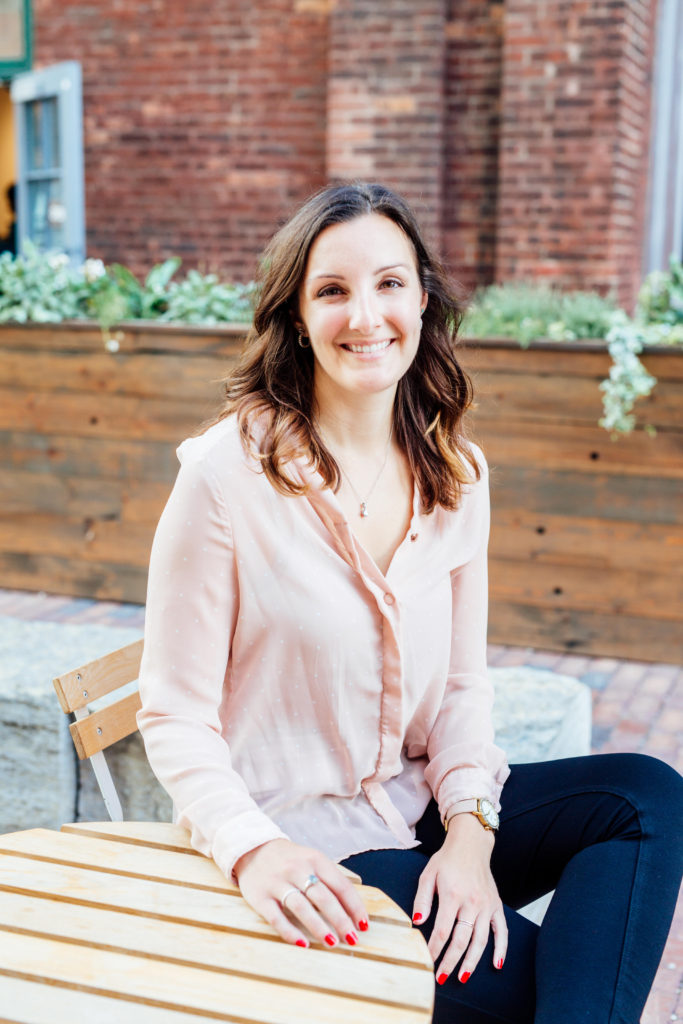
Welcome back to another episode of Your Anxiety Toolkit. Today we have Heather Lillico on the podcast. Heather is a registered holistic nutritionist, yoga instructor, as well as a delightful human being. Today she is going to discuss how nutrition can impact mental health.
Heather shares a little bit about her own mental health journey and how that led her to explore the connection between nutrition and mental wellness.
Heather discusses what it means to be a holistic nutritionist. She explains that she focuses a great deal on the whole person, not only how nutrition can impact mental health, but also how a person’s sleep patterns and exercise can as well.
Heather shares some really helpful and fascinating information about how nutrition can impact mental health along with some slights changes you can make in your day to day life to improve your mental health. She takes some time explaining the role that a variety of different nutrients play in our mental well being. Heather does a beautiful job explaining to us how we can be a little more intentional with what we put in our mouths and on our forks. She gives some really simple ways that we can incorporate different nutrients and foods into our daily life. Heather also takes some time to explain the connection between our gut health and our mental health.
I am so excited to share this episode with you at this time. Food keeps us nourished. Food is also a huge source of pleasure. Meal time is when we can join as a family and communicate and have a connection. It's a huge piece of our mental health right now so I thought this was a really, really great time to have this conversation with Heather and talk about all things food!
Heather's website www.heatherlillico.com
Heather's Instagram @heather_lil
ERP School, BFRB School, and Mindfulness School for OCD are all now open for purchase. If you feel you would benefit, please go to cbtschool.com
Please join the IOCDF for a live Townhall discussion on COVID-19 & OCD Saturday April 11 at 2 PM EST. There will be a live Q&A session. Please click here for more information.
Did you know that we were listed in the top 10 OCD podcasts to follow in 2020? https://blog.feedspot.com/ocd_podcasts/
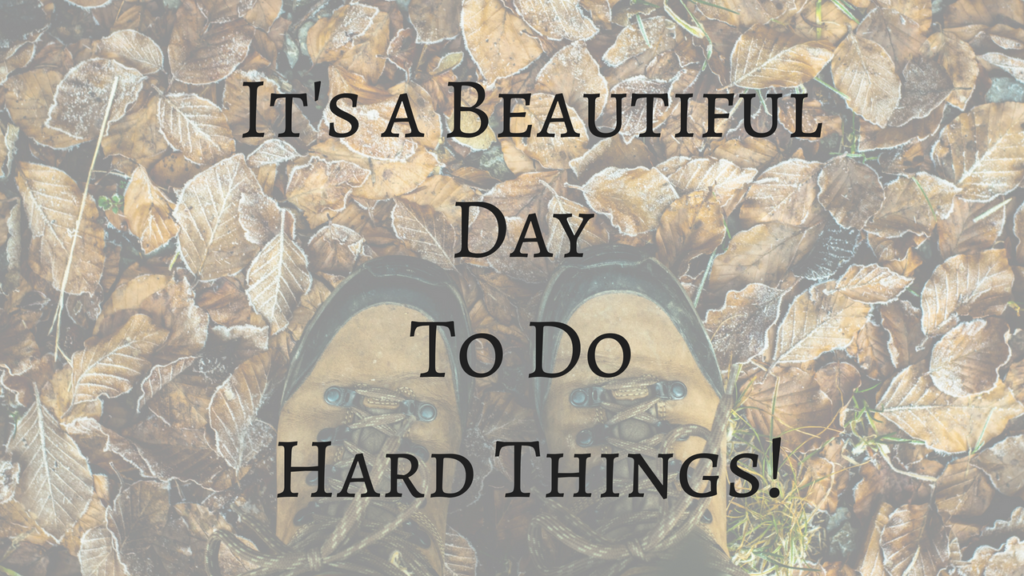
Welcome back to another episode of Your Anxiety Toolkit. Today I want to remind you that you can do hard things!
In this episode, I spend some time talking with you about how important it is to validate all the feelings you are experiencing during this difficult time. With so much going on around the world, there are so many emotions, so many feelings. And I think that we sometimes forget to stop and say, "Wow, this is hard for me," or "Oh, this is a moment of real suffering and struggle for me," or "I'm noticing I'm having a lot of anxiety." It is so important to make space for all those feelings. To acknowledge and validate those feelings and to create a safe place for those emotions to be there as this event rises and falls.
In this episode, I share with you all a little bit about how I am working to validate my own emotions when I am having moments that are difficult. The most important thing I want you all to take away from this episode and to remember during this very, very difficult time is: "It's a beautiful day to do hard things,” and you are doing hard things. You were already doing hard things before this happened, right? But every time it gets a little harder, you realize how much stronger you are. Sending so much love to you all!
Did you know that we were listed in the top 10 OCD podcasts to follow in 2020? https://blog.feedspot.com/ocd_podcasts/
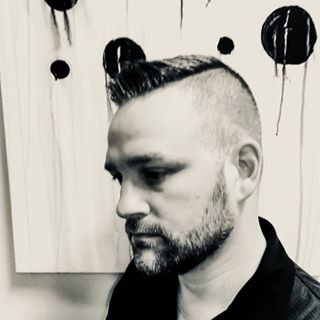
Welcome back to another episode of Your Anxiety Toolkit. You guys, you are going to love this episode with one of my favorite poets of all time, The Poetry Bandit. Jon Lupin, aka The Poetry Bandit joins us today to tell us his story about sobriety, OCD, relationships, mental health and how poetry has helped him through.
This is a story about honesty, vulnerability, and commitment. The Poetry Bandit shares his story and together we talk about some of the hidden meanings of his poetry. Jon and I got to read a few of his poetry pieces and talk about how he manages his anxiety, OCD, and sobriety while being a father, employee, friend and poet.
If you get a chance, check out The Poetry Bandit's books of poetry. The links are below.
Encyclopedia of a Broken Heart: Poems
You Only Love Me When I'm Suffering: Poems
Jon's Instagram @the_poetrybandit
Please join the IOCDF for a COVID-19 & OCD Live Townhall. Saturday March 28th at 2 PM EST. Bring your questions for Kimberley, Ethan Smith, Jon Hershfield, and Stuart Ralph. https://www.facebook.com/IOCDF/
Kimberley did a FREE Self-Compassion webinar on The Peace of Mind Foundation's FB page. https://www.facebook.com/peaceofmindfoundation/
Did you know that we were listed in the top 10 OCD podcasts to follow in 2020? https://blog.feedspot.com/ocd_podcasts/
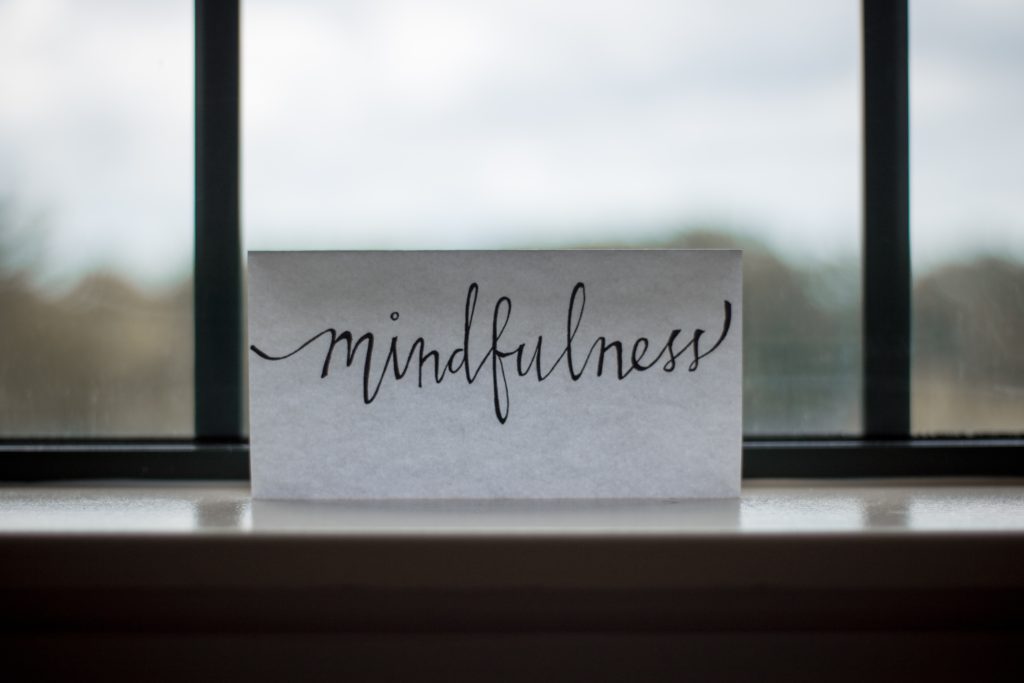
Welcome back to another episode of Your Anxiety Toolkit. In today’s podcast, I want to provide you all with an easy mindfulness tool to help with coronavirus anxiety.
These are tough times, I know. It is overwhelming and there is a lot of information out there. In this episode, I would like to encourage you to step away from the tools that everybody is giving you right now and hopefully provide you with an easy tool that will help you in the deepest, darkest, moments of struggling.
Now I am still going to strongly encourage you to reduce your consumption of news and to receive your news from one reputable source for a limited amount of time per day. I also want to encourage you to get support right now. Reach out to your people, every single day.
In this episode, I also want to give you this mindfulness tool to help with coronavirus anxiety that you may have heard me mention before. It is actually a four step mindfulness tool known by the acronym, RAIN.
The R in RAIN is for RECOGNIZE. This tool is to get you to slow down or stop and be in the present. Ask yourself, “What is it that I am feeling? What is it that I am thinking right now? What is it that I am experiencing?”
The A in RAIN is for ALLOW. You are going to allow what you have recognized and you are not going to judge it, just allow it to come and go.
The I in RAIN is INVESTIGATE. I think this is really important right now. Investigate involves engaging with your deep sense of curiosity. It involves looking at things as if you have never seen them before.
The N in RAIN is for NURTURE. You have recognized what you are feeling, you’ve allowed what you are feeling, and you have investigated it with a curious mind. What is left over, you nurture. You provide yourself with a huge dose of self-compassion.
Help Manage COVID-19 anxiety and stress with this mindfulness and self-compassion tool. A FREE custom-made PDF worksheet to help you manage anxiety, doubt and uncertainty. https://www.cbtschool.com/RAIN
Please read this helpful article that explains how OCD and anxiety disorders can be complicated by coronavirus fears. https://www.washingtonpost.com/health/ocd-and-anxiety-disorder-treatment-can-be-complicated-by-coronavirus-fears/2020/03/13/6b851d60-63ce-11ea-acca-80c22bbee96f_story.html
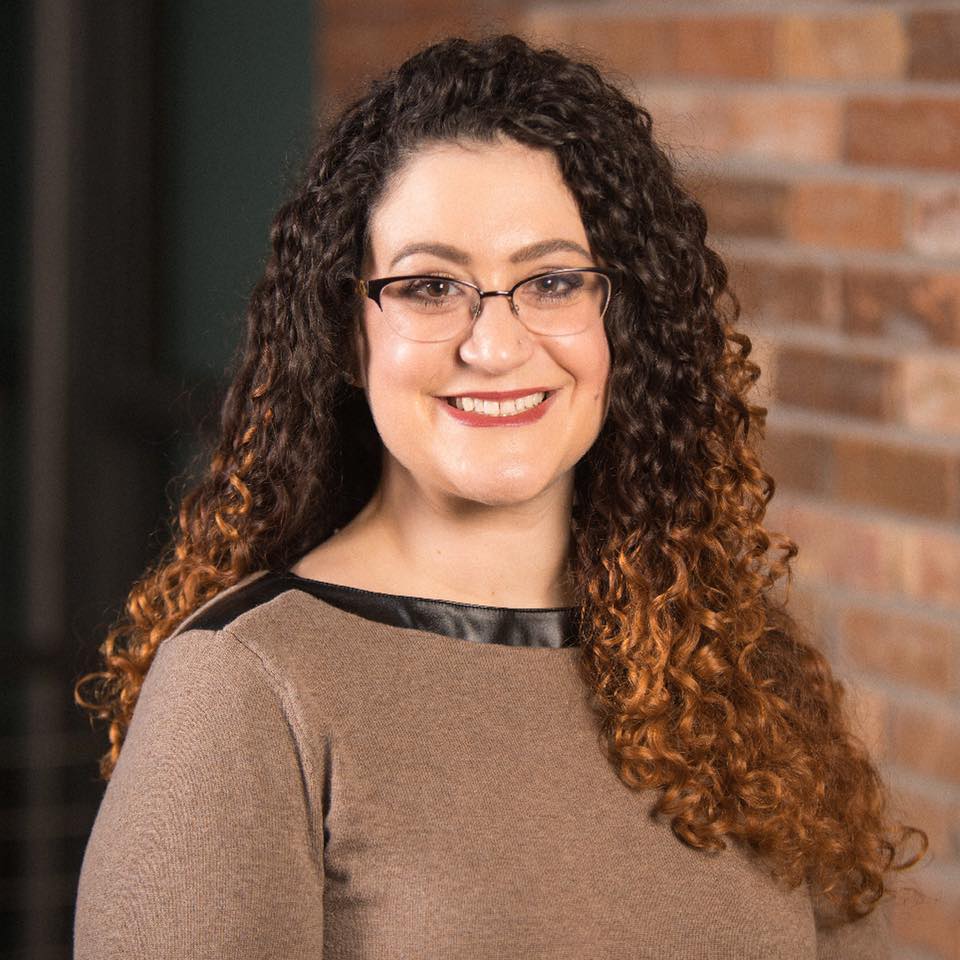
I cannot tell you how often I get asked about how anxiety impacts sex. Social media followers often ask questions that involve how anxiety decreases sex drive, how sexual arousal can occur at unwanted times and the impact medication has on sexual arousal and orgasm.
In today's episode of Your Anxiety Toolkit, we have Dr. Lauren Fogel Mersy to speak about all things anxiety and sex. Dr. Lauren Fogel Mersy is a certified sex therapist, psychologist, and upcoming author and she answered all of my questions on how anxiety impacts sex.
When discussing the topic, Dr. Lauren Fogel Mersy answered the following questions:
- How can we refocus on the present when anxious?
- Does anxiety impact orgasm?
- Can anxiety cause sex to be painful?
- How to handle arousal related to unwanted, intrusive thoughts?
- How to manage strong feelings about sex, such as desire but also repulsion?
- How to manage sex hygiene?
- Will medication impact sexual arousal?
Instagram: @drlaurenfogelmersy
Facebook: https://www.facebook.com/drlaurenfogelmersy/
Please join the IOCDF for a special addition of Just, Ethan this Saturday, March 14 at 2 PM EST. This live stream on Facebook and YouTube will be an OCD/Coronavirus Town Hall with special guests Kimberley Quinlan and Shala Nicely. Come and bring your questions! https://www.facebook.com/IOCDF/
Please check out this really helpful article on managing anxiety over the coronavirus.
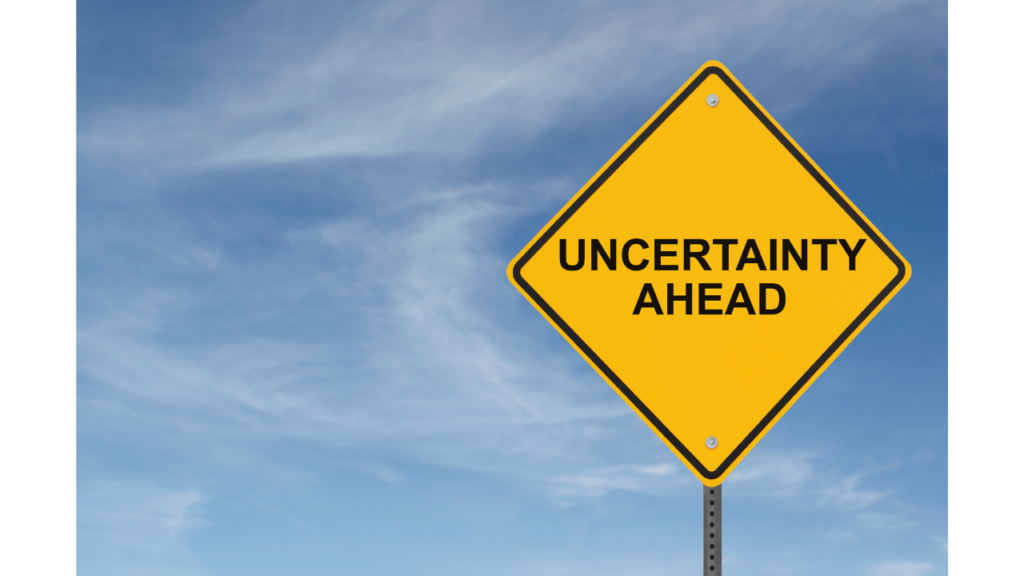
Welcome back to another episode of Your Anxiety Toolkit. In today's podcast, I give an account of how I manage health anxiety, both when managing medical issues and during medical tests. With all of the fear related to the Coronavirus, health anxiety is becoming a very scary word. Many with OCD are impacted by this because doctors and authorities are telling them to be concerned. This is very much the same when you are dealing with a medical issue and it can be hard to differentiate what is appropriate and what is fear-related.
In this episode, I address how to manage health anxiety from many different perspectives and I hope you find it helpful.
Please check out this post about managing health anxiety over the coronavirus. https://www.shalanicely.com/aha-moments/managing-ocd-about-coronavirus/
ERP SCHOOL is HERE! ERP School is a complete online course that teaches you how to apply Exposure & Response Prevention (ERP) to your Obsessions and Compulsions. The cost is $197 and includes almost 6 hours of the same ERP information and skills that Kimberley teaches her face-to-face clients. ERP School is only offered two times per year. The last day to purchase is Monday March 9, 2020.
https://www.cbtschool.com/erp-school-lp

Welcome back to another episode of Your Anxiety Toolkit Podcast. Today we have the incredible Katy Marciniak talking about the “10 things I have learned about recovery”. Katy is open and honest and vulnerable in this episode and I cannot respect her more. She has really shown us how possible recovery is, but she is also honest about the ups and the downs.
Here are the main points Katy covers.
* At first if you don't succeed, try, try again.
* There is not set time frame for recovery or for therapy. Take your time and don’t put unrealistic expectations on yourself.
* Vulnerability is your friend! You might not think it is, but it will help you get through the ups and the downs of recovery.
* Its okay! It’s okay if you are anxious. It is okay if you are sad. It is okay if you are angry. It is okay if you are struggling. These feelings do not make you bad or wrong and it doesn’t mean you are not moving in the right direction. Don’t beat yourself up for having a mental disorder or for needing therapy. Therapy does not mean you are weak or faulty.
* There is freedom in not knowing. Having uncertainty, while it feels bad, is a good thing and will make you stronger.
* Do not isolate yourself. And you are not alone. Try to find a group of people who are just like you and are going through something similar. A great option would be to join our private Facebook group called CBT School campus!
* Live in the moment. It might sound like a catch phrase, but you can actually learn how to stay present and not get caught up in the future and the past.
* Don’t knock self-compassion! It will help you in ways you cannot even imagine.
* Going to therapy will not solve all of your problems. You must be willing to do the work at home, at work and in your relationships.
* Give yourself the credit you deserve. You are going through a lot and you are so strong.
Instagram @navigatinguncertainty
Katy's Blog: https://navigatinguncertaintyblog.wordpress.com/about/
Today is the day!!!! ERP SCHOOL is HERE! ERP School is a complete online course that teaches you how to apply Exposure & Response Prevention (ERP) to your Obsessions and Compulsions. The cost is $197 and includes almost 5 hours of the same ERP information and skills that Kimberley teaches her face-to-face clients.
https://www.cbtschool.com/erp-school-lp
We are excited to share that we are offering our FREE webinar called The 10 things you absolutely need to know about OCD. During this webinar, Kimberley will address the most important science-based skills and concepts that you need to get your life back from Obsessive Compulsive Disorder.
https://www.cbtschool.com/10things
OCD Gamechangers – Annual Conference
https://www.eventbrite.com/e/3rd-annual-ocd-gamechangers-tickets-82657196901
https://ocdgamechangers.com/events/
March 7 @ 10:00 am - 6:00 pm MST
Denver Turnverein, 1570 N Clarkson St
Denver, CO 80218 United States
FREE TRAINING:
10 Things You Absolutely Need To Know About OCD
Available Today! February 24, 2020
If you have OCD, or you know someone who does, please join us each evening at 6 pm PST to learn about the 10 things you need to know about OCD.
Things to note:
It’s free!
Its offered each evening this week.
The webinar is pre-recorded and will be sent directly to your inbox.
It’s FREE!
You can watch it in your PJ’s
If you miss the training, a replay will be sent to your inbox the following day.
Did I mention that it is free?
I LOVE YOU ALL AND HOPE YOU ENJOY IT! https://www.cbtschool.com/10things
ERP SCHOOL is HERE! ERP School is a complete online course that teaches you how to apply Exposure & Response Prevention (ERP) to your Obsessions and Compulsions. Available February 27, 2020! ERP School is $197 and includes almost 5 hours of the same ERP information and skills that Kimberley teaches her face-to-face clients.
https://www.cbtschool.com/erp-school-lp

Welcome back to another episode of Your Anxiety Toolkit. Today we are talking about how travel is the best ERP and how you can use travel to help conquer your fears. Today we are joined by Gilad Gamliel from the popular blog, www.overthinkerspassport.com.
In this episode, Gilad Gamliel discusses how travel can be the best ERP especially for those who struggle with anxiety, panic and obsessive compulsive disorder. Gilad is 27 years old and has health anxiety and OCD. He shares how OCD and anxiety tried to confine him and keep him living a small and “safe” life, but for some reason, he was pulled towards taking a leap and trying travel. Gilad shares that he originally thought “travel just isn't for me” because his anxiety was so bad. However, Gilad found there have been many positives to come out of his experience traveling. In this episode, he shares why someone should travel and the benefits of traveling with anxiety. He also shares many special tips for traveling with anxiety and OCD.
Some of the tips he shares are:
1. Step back to get perspective.
2. Remember that this travel experience is temporary and not permanent.
3. Focus on the present and engage with your surroundings.
4. Take note that there are many things happening that you have never seen.
5. Use technology to help build a support system from home.
6. Ask other travelers for advice. You will find that they may want companionship also.
7. You can do this, even with anxiety. You can bring anxiety with you and learn that anxiety doesn’t have to ruin everything for you as you travel and experience the world.
Website: https://www.overthinkerspassport.com/
Instagram: www.instagram.com/gil.ad.ventures
Facebook: https://www.facebook.com/overthinkerspassport
OCD Gamechangers – Annual Conference
https://www.eventbrite.com/e/3rd-annual-ocd-gamechangers-tickets-82657196901
https://ocdgamechangers.com/events/
March 7 @ 10:00 am - 6:00 pm MST
Denver Turnverein, 1570 N Clarkson St
Denver, CO 80218 United States
We are excited to share that we are offering our FREE webinar called The 10 things you absolutely need to know about OCD. During this webinar, Kimberley will address the most important science-based skills and concepts that you need to get your life back from Obsessive Compulsive Disorder.
https://www.cbtschool.com/10things
ERP SCHOOL is HERE! ERP School is a complete online course that teaches you how to apply Exposure & Response Prevention (ERP) to your Obsessions and Compulsions. Available February 27, 2020! ERP School is $197 and includes almost 5 hours of the same ERP information and skills that Kimberley teaches her face-to-face clients.
https://www.cbtschool.com/erp-school-lp

In today’s episode of Your Anxiety Toolkit, I wanted to share with you the 8 things I want you to know. You might be wondering, “How does Kimberley know what I need?” You are correct. I really cannot be sure, but I can guess and I wondered if you needed to hear any of these 8 points.
Here they are:
1) It's ok to feel what you are feeling.
You are allowed to feel it all! The good. The bad. The uncomfortable. There is no “right” way to feel.
2) Your thoughts do not define your worth.
Not today. Not tomorrow. This is true for every single person. If you are wondering, “If she only knew how bad my thoughts are." I mean you too. There is no thought that disqualifies you or depletes your worth.
3) There is nothing you need to change.
Nope! You are perfect, even with all of your imperfections. Hey, you are perfect because of your imperfections.
4) You are supported.
Lean on the CBT School Facebook group if you are feeling alone.
5) We will not give up on you.
When I say “we” I actually mean YOU AND ME! I won't give up on you and you can’t either.
6) You are enough.
That is all I am going to say. It’s a fact!
7) This moment is temporary.
This moment might feel unbearable, I understand. However, please remember that this moment is only here for a moment....and then it passes. No anxiety lasts forever.
8) You deserve love and peace.
You really do deserve love and peace. We all do. If you are having a hard time right now, I am sorry. I wish you love and peace in the little ways and the big.
OCD Gamechangers – Annual Conference
https://www.eventbrite.com/e/3rd-annual-ocd-gamechangers-tickets-82657196901
https://ocdgamechangers.com/events/
March 7 @ 10:00 am - 6:00 pm MST
Denver Turnverein, 1570 N Clarkson St
Denver, CO 80218 United States
ERP School is coming soon! Mark your calendars for Feb 27th!

In today’s episode of Your Anxiety Toolkit, I speak with the incredible Dr. Margaret Robinson Rutherford. I cannot tell you how happy I am that she reached out for this interview. In this episode, Dr. Margaret Robinson Rutherford talks to us about a term coined, perfectly hidden depression. She talks specifically about how it differs from classic depression and she describes for us the ten characteristics of perfectly hidden depression with number 8 being that it often accompanies mental health struggles such as OCD, eating disorders, addictions or anxiety disorders.
The following are those 10 commonly shared characteristics that Dr. Margaret Robinson Rutherford discusses:
- You are highly perfectionistic, with a constant, critical inner voice of intense shame.
- You demonstrate a heightened or excessive sense of responsibility.
- You have difficulty accepting and expressing painful emotions.
- You worry a great deal and avoid situations where control isn’t possible.
- You intensely focus on tasks, using accomplishment as a way to feel valuable.
- You have an active and sincere concern about the well-being of others while allowing few if any into your inner world.
- You discount or dismiss hurt or abuse from the past or the present.
- You have accompanying mental health issues, involving control or escape from anxiety.
- You hold a strong belief in “counting your blessings” as the foundation of well-being.
- You have emotional difficulty in personal relationships, but demonstrate significant professional success.
Dr. Margaret Robinson Rutherford also addresses the Five C’s in the healing process for perfectly hidden depression. I think you will really resonate with the words and concepts discussed in this episode. Thank you Dr. Margaret Robinson Rutherford for your wonderful work.
https://drmargaretrutherford.com/perfectly-hidden-depression/
https://drmargaretrutherford.com/
https://drmargaretrutherford.com/selfwork/
OCD Gamechangers – Annual Conference
https://www.eventbrite.com/e/3rd-annual-ocd-gamechangers-tickets-82657196901
https://ocdgamechangers.com/events/
March 7 @ 10:00 am - 6:00 pm MST
Denver Turnverein, 1570 N Clarkson St
Denver, CO 80218 United States
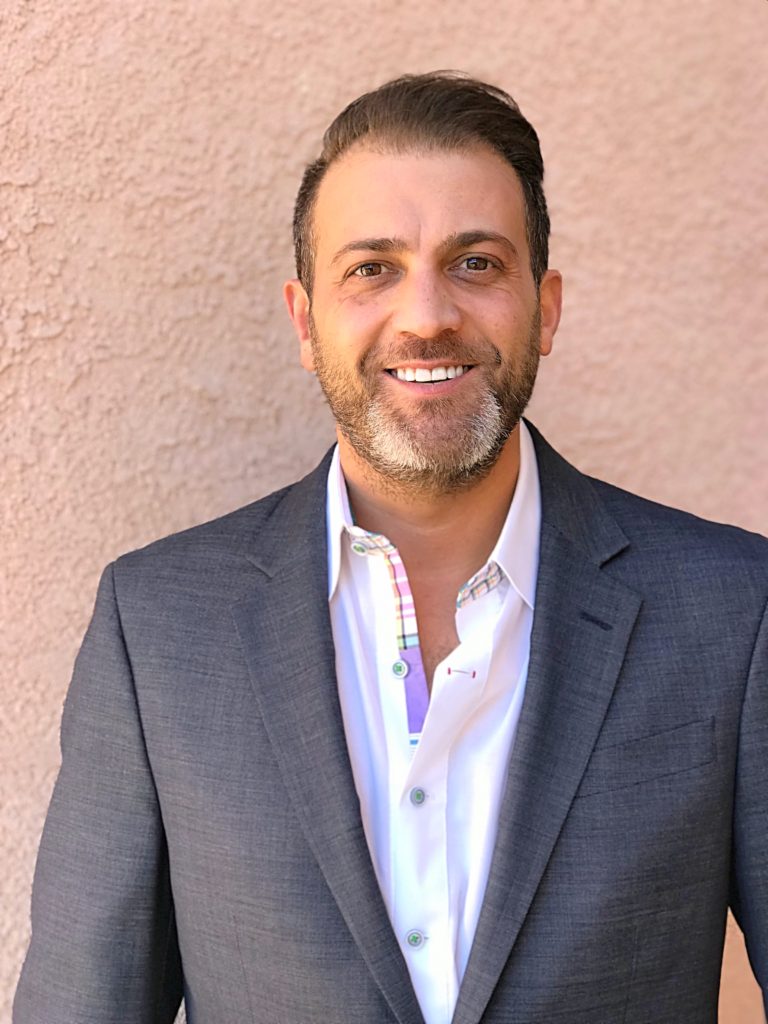
Welcome to another episode of Your Anxiety Toolkit. Today I have the pleasure of interviewing Jeff Goldman, a Hollywood executive and the Director of Development for OCD Southern California. In this interview, Jeff shares his very vulnerable story of being tormented by OCD and how it has impacted his family and his career. Jeff shares his highs and lows with us in his very inspirational and honest story.
In this interview, Jeff Goldman shares his story of having “Just Right” OCD and how the fear of being a failure caused him to become paralyzed with anxiety. Jeff explains that he was diagnosed with OCD at 17 yrs old and has had a long, but inspirational journey to wellness.
Jeff discusses his struggles with facing treatment and how he needed a lot of support and motivation to work on his mental health. He shares, “I was afraid of changing in spite of hating my life." What comes after that is a recovery story that includes medication, therapy, and family support.
Some of the tools Jeff uses to help manage his OCD are “you have to name it to tame it”, “feel the pain” and “let the anxiety flood through your body."
Thank you so much to Jeff Goldman for sharing his amazing story!
Jeff Goldman, Director of Development, OCD SoCal (an affiliate of the IOCDF)
https://ocdsocal.org/
https://iocdf.org/
jeffgoldman.livingwithocd@gmail.com
OCD Gamechangers – Annual Conference
https://www.eventbrite.com/e/3rd-annual-ocd-gamechangers-tickets-82657196901
https://ocdgamechangers.com/events/
March 7 @ 10:00 am - 6:00 pm MST
Denver Turnverein, 1570 N Clarkson St
Denver, CO 80218 United States

Welcome back to another episode of Your Anxiety Toolkit. This week’s episode was exactly what I needed and I wondered if it was what you needed too. In today’s episode, I am going to share with you my favorite self-compassion tool, giving and receiving.
This is a meditation that I learned from Christopher Germer himself. Christopher Germer is the co-founder of the Center for Mindful Self-Compassion and the genius behind many of my favorite self-compassion exercises.
In today’s episode, we are going to learn the art of giving and receiving. No, not gifts. We are going to learn the art of giving and receiving self-compassion. I often use this meditation after a long day in the office or after a hard day, so I hope it helps you too.
This is the 3rd core meditation of the MSC course. Giving and Receiving Compassion builds on the previous two core meditations: Affectionate Breathing which focuses on the breath and Loving-Kindness for Ourselves which focuses on the layering of compassionate words or images onto the breath. The new element of breathing in for oneself and out for others helps the practitioner to practice compassion through connection by loving others without losing oneself. Students tend to find this meditation both easy and enjoyable. Thank you, Christopher Germer, for this wonderful meditation.
Instructions for Giving and Receiving Meditation:
Please sit comfortably, closing your eyes, and if you like, putting a hand over your heart or another soothing place as a reminder to bring not just awareness, but loving awareness, to your experience and to yourself.
Taking a few deep, relaxing breaths, notice how your breath nourishes your body as you inhale and soothes your body as you exhale.
Now, letting your breathing find its own natural rhythm, continue feeling the sensation of breathing in and breathing out. If you like, allow yourself to be gently rocked and caressed by the rhythm of your breathing.
Now, focusing your attention on your in-breath, let yourself savor the sensation of breathing in, noticing how your in-breath nourishes your body, breath after breath….and then releasing your breath.
As you breathe, breathing in something good for yourself…whatever you need. Perhaps a quality of warmth, kindness, compassion, or love? Just feel it, or you can use a word or image if you like.
Now, shifting your focus to your out-breath, feeling your body breathe out, feeling the ease of exhalation.
Please call to mind someone whom you love or someone who is struggling and needs compassion. Visualize that person clearly in your mind. Begin directing your out-breath to this person, offering the ease of breathing out. If you wish, intentionally send warmth and kindness - something good -to this person with each out-breath.
Now letting go of what you or the other person may need, and just focusing on the sensation of breathing compassion in and out and sending something good. “In for me and out for you.” “One for me and one for you.”
If you wish, you can focus a little more on yourself, or the other person, or just let it be an equal flow—whatever feels right in the moment. Or you can send something good to more than one person.
Allowing your breath to flow in and out, like the gentle movement of the sea - a limitless, boundless flow - flowing in and flowing out. Letting yourself be a part of this limitless, boundless flow. An ocean of compassion. Gently opening your eyes.
OCD Gamechangers – Annual Conference
https://www.eventbrite.com/e/3rd-annual-ocd-gamechangers-tickets-82657196901
https://ocdgamechangers.com/events/
March 7 @ 10:00 am - 6:00 pm MST
Denver Turnverein, 1570 N Clarkson St
Denver, CO 80218 United States
I strongly encourage you all to read Shala Nicely's amazing blog post about the misuse of the term, “I am so OCD.”
https://www.shalanicely.com/aha-moments/ocd-is-not-what-you-think/
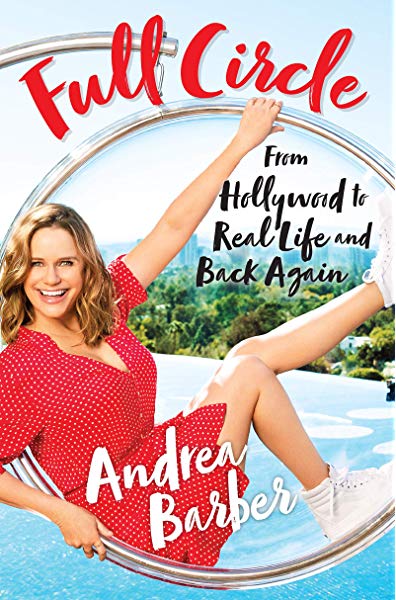
In this beautiful episode of Your Anxiety Toolkit, I speak with the amazing Andrea Barber about her new book, Full Circle: From Hollywood to Real Life and Back Again. In this interview, Andrea shares her experience with anxiety, panic and mental wellness. She shares
why she wrote this book and her hopes for this memoir.
In her book, Andrea Barber shares, “To fans, I’ve always been synonymous with my character, since most people don’t know me in any other role. But now, I want you to accept the real me . . . and the fact that I’m nothing like I appear on TV. To know me is to realize that I am very flawed, and I have many shortcomings and insecurities. By sharing them with you, you may recognize things in yourself, and discover that you and I are not so unalike after all. For once, it will be nice to share Andrea with the world.”
Andrea shared what it was like having a huge support system, but still feeling completely alone with her anxiety, panic and depression. Andrea spends some time talking about how her anxiety manifests in stomach related symptoms. She also tells us about the process of accepting the application of medication in her wellness journey and her experience with the side effects of medications.
I just adored when Andrea shared what she learned about herself since going through her mental health journey and her new reflection on mental illness and mental wellness. One of my favorite lines from her book, she shared “It’s actually very empowering to think about: I have the power to change my life”.
One of the coolest things about Andrea Barber is her passion for speaking about suicide prevention and awareness. You will just adore the advice she gives. And finally, her most impactful message is this: "The most important thing perspective has taught me, and what I want to tell anyone out there who has been made to feel too broken to love, is that your illness does not define you.”
Isn’t she just incredible?!
Andrea's book
https://www.amazon.com/Full-Circle-Hollywood-Real-Life/dp/0806539887
Follow Andrea on social media @andreabarber
If you would like to apply for the 3rd annual UK OCD Camp please visit theocdcamp.com
• Applications close 19th January
• Interviews (15 mins) – W/C 27th January
• If selected payment due by 1st March
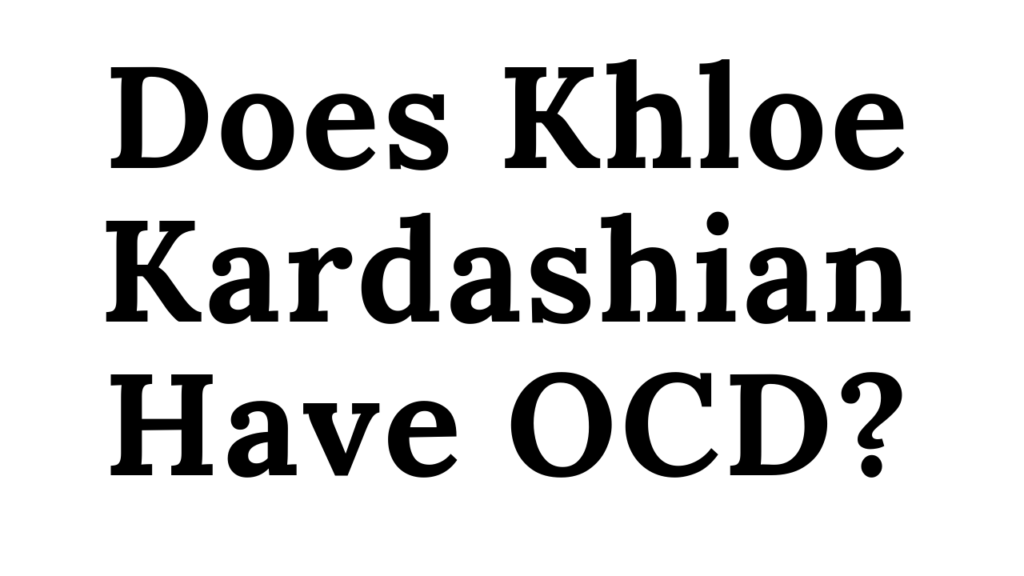
Welcome to another episode of Your Anxiety Toolkit Podcast. There has been a lot of talk lately in the OCD Community surrounding this big question “Does Khloe Kardashian have OCD?” I know a lot of you are really struggling with this topic, feeling unseen, unheard and misunderstood.
In a recent episode of Keeping Up with the Kardashians, Khloe’s mom, Kris Jenner discussed her daughter Khloe’s overwhelming need to be organized. She shared, “Khloe is the most organized, cleanest, most obsessive person I know in her own home. But lately, she’s on another level.”
In response, Khloe explained: "Being the control freak that I am, this experience is torture”. However, she also has been known to explain her need to be organized as “a good thing” and something that “helps” her in her life.
This brings us to the big question: Does Khloe Kardashian have OCD?
Well, the most important thing to remember in this podcast episode is that we cannot diagnose someone we haven’t met. Please keep this in mind as we address this very important topic.
In an effort to do my due diligence, I consulted with an attorney on this and he confirmed that it is not appropriate to diagnose someone you haven’t met. He reported that this is an ethical issue, not a legal issue.
One of the big questions that arose after this recent Kardashian episode was, “Can you treat someone you haven’t diagnosed?”
Again, when consulting with an attorney, we revealed that a therapist technically can in situations where it is not necessary to diagnose someone. However, in order to implement a treatment tool, it is a good standard of care to do a full assessment to be sure the treatment modality and related tools are appropriate for the person we are meeting with.
In an effort to discuss if Khloe Kardashian has OCD and if her description of symptoms and presentation of symptoms meets criteria to be OCD, we would first need to have a good understanding of what OCD is diagnostically.
In the episode, we discuss in depth the Diagnostic Criteria for Obsessive Compulsive Disorder, in an effort to thoroughly educate and advocate for those who have OCD and who are struggling to ask for help.
Diagnostic Criteria (Directly from the DMS 5)
A. Presence of obsessions, compulsions, or both:
Obsessions are defined by (1) and (2):
Recurrent and persistent thoughts, urges, or images that are experienced, at some time during the disturbance, as intrusive and unwanted, and that in most individuals cause marked anxiety or distress.
The individual attempts to ignore or suppress such thoughts, urges, or images, or to neutralize them with some other thought or action (i.e., by performing a compulsion).
Compulsions are defined by (1) and (2):
Repetitive behaviors (e.g., hand washing, ordering, checking) or mental acts (e.g., praying, counting, repeating words silently) that the individual feels driven to perform in response to an obsession or according to rules that must be applied rigidly.
The behaviors or mental acts are aimed at preventing or reducing anxiety or distress, or preventing some dreaded event or situation; however, these behaviors or mental acts are not connected in a realistic way with what they are designed to neutralize or prevent, or are clearly excessive.
Note: Young children may not be able to articulate the aims of these behaviors or mental acts.
B. The obsessions or compulsions are time-consuming (e.g., take more than 1 hour per day) or cause clinically significant distress or impairment in social, occupational, or other important areas of functioning.
C. The obsessive-compulsive symptoms are not attributable to the physiological effects of a substance (e.g., a drug of abuse, a medication) or another medical condition.
It is important that we specify if the symptoms are accompanied by good, fair or poor insight, as this can help us differentiate between the diagnosis of OCD and other mental illnesses that may look the same.
With good or fair insight: The individual recognizes that obsessive-compulsive disorder beliefs are definitely or probably not true or that they may or may not be true.
With poor insight: The individual thinks obsessive-compulsive disorder beliefs are probably true.
With absent insight/delusional beliefs: The individual is completely convinced that obsessive-compulsive disorder beliefs are true.
D. The disturbance is not better explained by the symptoms of another mental disorder, differential diagnosis or set of symptoms
In an effort to really give you a good understanding of other diagnostic possibilities for someone showing similar, but not exact symptoms, I wanted to address some symptoms and disorders that would need to be RULED OUT before treatment. The reason for this is that small differences in the symptoms may drastically change the course of correct treatment. This is a crucial part of the assessment process, done by a therapist, psychiatrist, medical doctor or psychiatric nurse.
The first is perfectionism which can be divided into two categories, adaptive and maladaptive. Adaptive perfectionism is a type of perfectionism that improves the quality of someone’s life while
maladaptive perfectionism negatively impacts a person's life. Research has shown that both adaptive and maladaptive perfectionists have high personal standards, but failing to meet those standards can have a negative impact.
Perfectionism can also be categorized by orientation. Self-oriented perfectionism is perfectionism that is pushed by the individual person. Self-oriented perfectionists are very hard on themselves, set very high standards for themselves and have rules and expectations that are often unreasonable. Socially prescribed perfectionism is perfectionism that occurs due to societal expectations. This might include the expectation to get good grades in order to have a good life or having to have the “perfect” body to be loved.
It is also important that we address the similarities and differences between OCD and OCPD. According to the Diagnostic and Statistical Manual of Mental Disorders, 5th Edition (DSM-5), OCPD is explained as "a pervasive pattern of preoccupation with orderliness, perfectionism, and mental and interpersonal control, at the expense of flexibility, openness, and efficiency." People with OCPD have an unhealthy expectation of achieving perfection and have an excessive devotion to work at the expense of leisure time and close personal relationships. They are often inflexible with issues related to ethics and morality and can be seen as judgmental and expect others to live to the same standard.
So, when answering the question, “Does Khloe Kardashian have OCD?” I encourage us all to do our best to continue to educate others on the differences between OCD, levels of insight related to OCD, perfectionism, and OCPD.
I strongly encourage you all to read Shala Nicely's amazing blog post about this exact issue, mostly addressing the misuse of the term, “I am so OCD”
https://www.shalanicely.com/aha-moments/ocd-is-not-what-you-think/
References used in this podcast
https://www.apa.org/monitor/nov03/manyfaces
https://www.anxiety.org/what-is-the-difference-between-ocpd-and-ocd-and-how-are-they-treated
